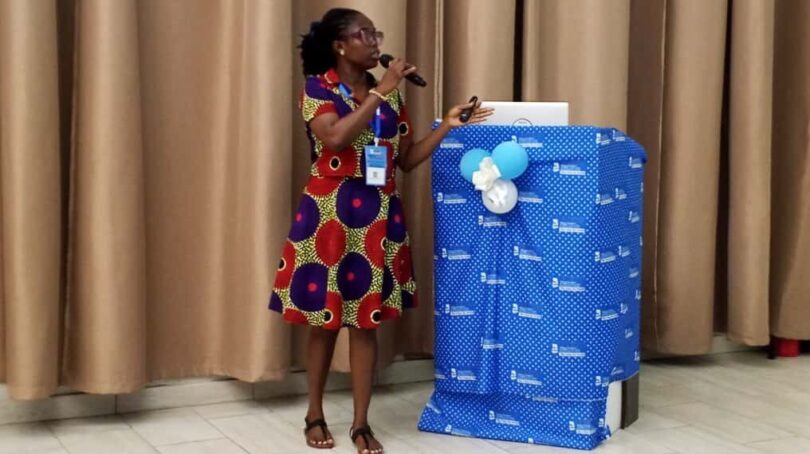Accra, Ghana – A new research report has revealed significant gaps in water, sanitation, and hygiene (WASH) services within Ghana’s orphanages. These deficiencies pose serious risks to the health and well-being of children living in care homes.
The report, titled “Sustaining WASH in Children’s Homes (SWiCH) Project,” was presented by the Alliance for WASH Advocacy (A4WA) and the Ghana WASH Journalists Network (GWJN) at the ongoing MOLE Conference.
According to the study, which evaluated 11 children’s homes across the Greater Accra, Central, and Eastern Regions, 45.5% of the homes rely on boreholes, another 45.5% on pipe-borne water, and one facility depends on sachet water as its primary source.
The report highlighted several challenges, including irregular water supply, inadequate sanitation facilities, and limited hygiene resources.
Major Findings:
-Water Supply: 45.5% of homes use boreholes, 45.5% use pipe-borne water, and one facility relies on sachet water.
-Sanitation: 72% of toilet facilities are operational, but 27.3% are shared with outsiders.
-Hygiene: Handwashing facilities are available in 90% of homes, but their sustainability poses a challenge.
-Funding: Only 55% of homes have dedicated budgets for WASH activities, with government support often cited as the least reliable funding source.
“Every child in a care home deserves safety, dignity, and a healthy environment. Access to clean water and decent sanitation is a right, not a privilege,” the report states.
Urgent Call to Action:
A4WA and GWJN are urging government institutions, development partners, and private sector entities to prioritize WASH services in orphanages and ensure reliable funding.
The report’s findings highlight the need for improved accountability, better budgeting, and sustained investments to help Ghana achieve Sustainable Development Goal 6.
Background:
The SWiCH Project is a collaborative initiative between A4WA and GWJN, funded by the Roddenberry 1+ Foundation. The project aims to enhance WASH services in Ghana’s orphanages and promote sustainable development.
Next Steps:
A4WA and GWJN will increase national advocacy and public awareness efforts, including utilizing global hygiene awareness days, to garner support for improved WASH services in Ghana’s orphanages.
Source: www.thenewindependentonline.com








